The House of the Seven Gables [Christmas Summary Classics]
Nonfiction, Reference & Language, Reference| Author: | Nathaniel Hawthorne | ISBN: | 1230000036878 |
| Publisher: | Zhingoora Books | Publication: | December 5, 2012 |
| Imprint: | Language: | English |
| Author: | Nathaniel Hawthorne |
| ISBN: | 1230000036878 |
| Publisher: | Zhingoora Books |
| Publication: | December 5, 2012 |
| Imprint: | |
| Language: | English |
Christmas Summary Classics
This series contains summary of Classic books such as Emma, Arne, Arabian Nights, Pride and prejudice, Tower of London, Wealth of Nations etc. Each book is specially crafted after reading complete book in less than 30 pages. One who wants to get joy of book reading especially in very less time can go for it.
The House of the Seven Gables
"The House of the Seven Gables," published in 1851, was written by Nathaniel Hawthorne directly after "The Scarlet Letter," and though not equal to that remarkable book, was full worthy of its author's reputation, and brought no disappointment to those who looked for great things from his pen. It seemed to James Russell Lowell "the highest art" to typify, "in the revived likeness of Judge Pyncheon to his ancestor the colonel, that intimate relationship between the present and the past in the way of ancestry and descent, which historians so carefully overlook." Here, as in "The Scarlet Letter," Hawthorne is unsparing in his analysis of the meaning of early American Puritanism--its intolerance and its strength.
Christmas Summary Classics
This series contains summary of Classic books such as Emma, Arne, Arabian Nights, Pride and prejudice, Tower of London, Wealth of Nations etc. Each book is specially crafted after reading complete book in less than 30 pages. One who wants to get joy of book reading especially in very less time can go for it.
The House of the Seven Gables
"The House of the Seven Gables," published in 1851, was written by Nathaniel Hawthorne directly after "The Scarlet Letter," and though not equal to that remarkable book, was full worthy of its author's reputation, and brought no disappointment to those who looked for great things from his pen. It seemed to James Russell Lowell "the highest art" to typify, "in the revived likeness of Judge Pyncheon to his ancestor the colonel, that intimate relationship between the present and the past in the way of ancestry and descent, which historians so carefully overlook." Here, as in "The Scarlet Letter," Hawthorne is unsparing in his analysis of the meaning of early American Puritanism--its intolerance and its strength.
![Cover of the book The House of the Seven Gables [Christmas Summary Classics] by Nathaniel Hawthorne, Zhingoora Books](https://www.kuoky.com/images/2012/december/500x500/1230000036878-6UsQ_500x.jpg)
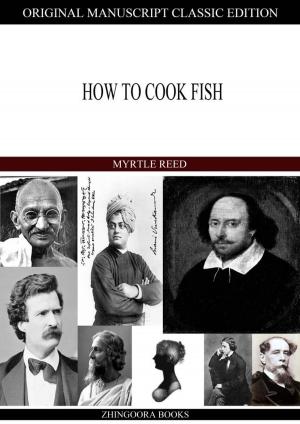
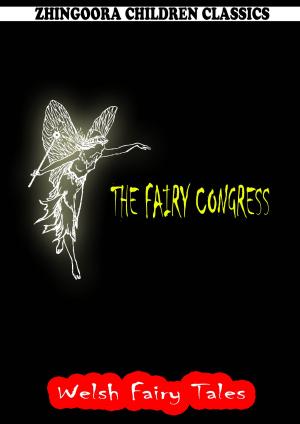
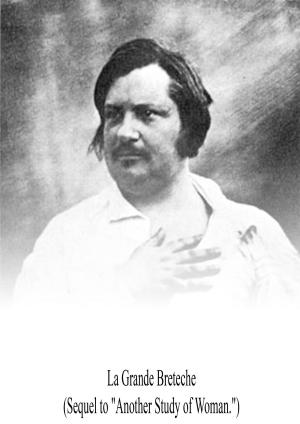

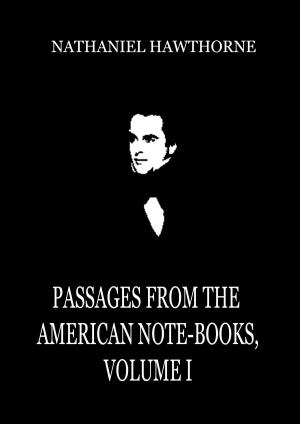

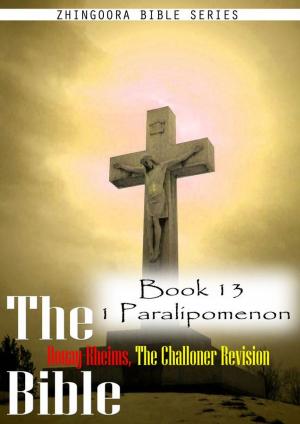
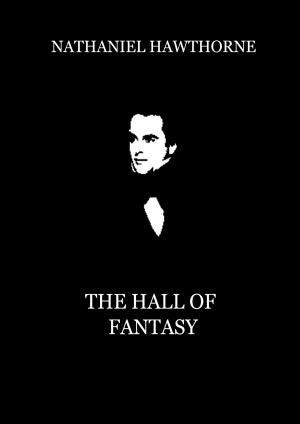
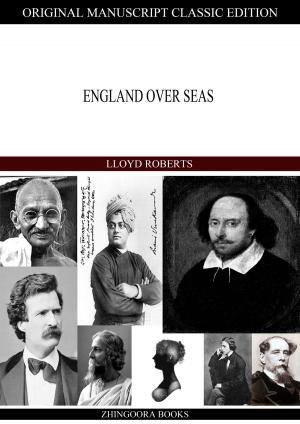


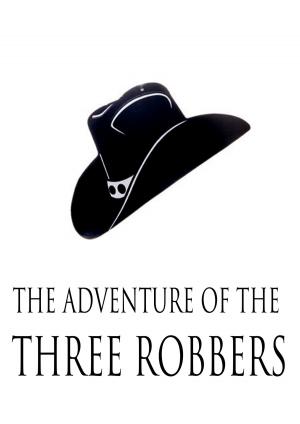
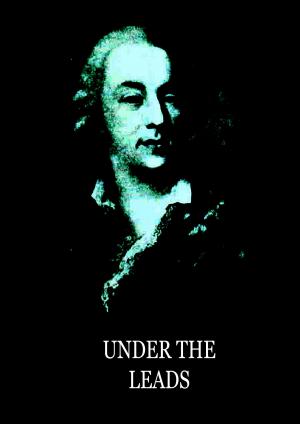
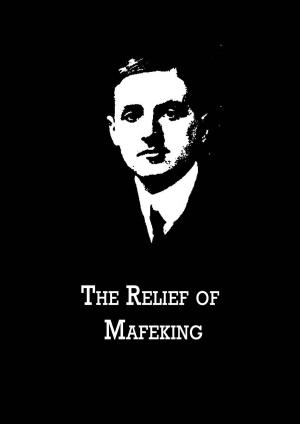
![Cover of the book The Great Lone Land [Christmas Summary Classics] by Nathaniel Hawthorne](https://www.kuoky.com/images/2012/december/300x300/1230000037108-TdDW_300x.jpg)